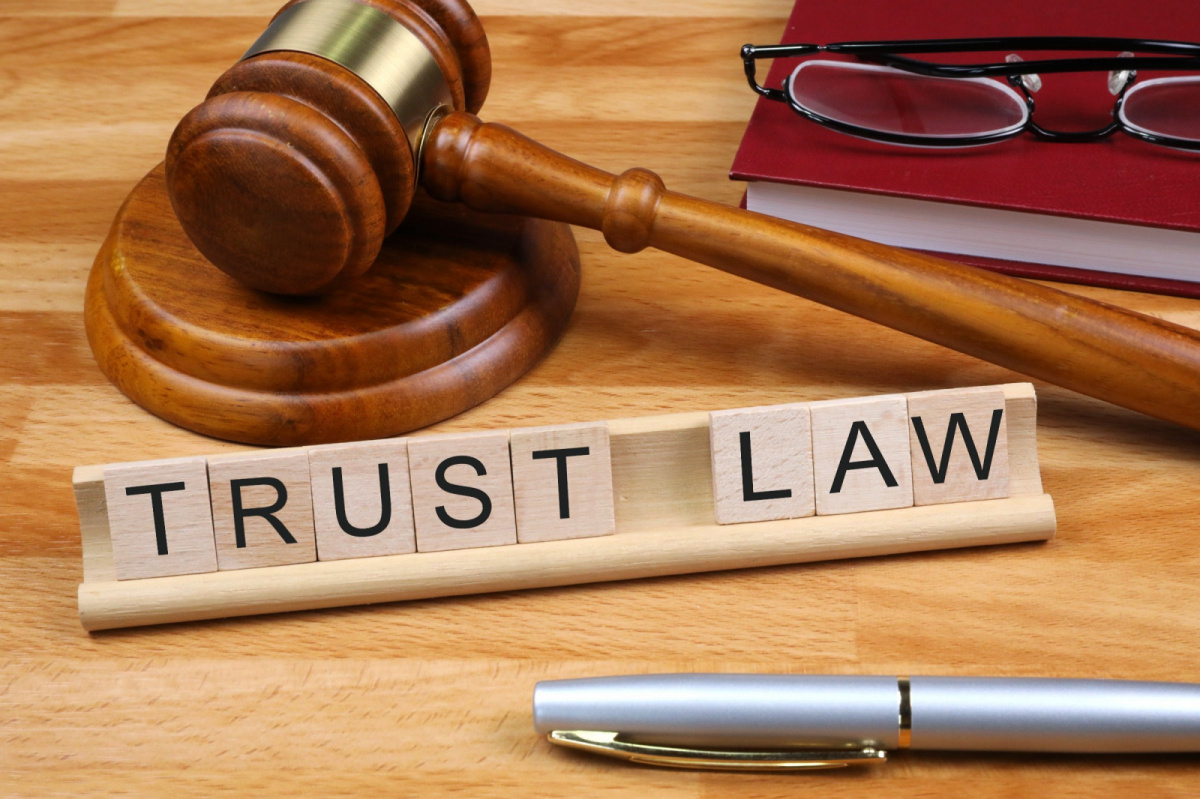
Trust litigation can arise when there are disputes or conflicts related to the terms or management of a trust. Trusts can be complex legal instruments and any issues that arise can be highly sensitive, emotionally charged, and often involve significant sums of money.
It is important to understand the various aspects of trust litigation, including the grounds for challenging a trust, the legal procedures involved, and the potential outcomes.

Understanding the basics of trust litigation
Trust litigation refers to legal disputes that arise from the creation, administration, or management of a trust.
These disputes can occur between trustees, beneficiaries, or other parties involved in the trust. A good trust litigation attorney can help you succeed in these disputes.
Trust litigation can involve a wide range of issues, including disputes over the validity of a trust, interpretation of trust terms, breach of fiduciary duty by trustees, mismanagement of trust assets, disputes over trust accounting, and challenges to trustee decisions.
In some cases, trust litigation may involve disputes over the distribution of trust assets or claims against a trust for damages or other relief. Trust litigation is often complex and can involve significant legal and financial issues, so it is important to work with an experienced attorney who can help you navigate the process and protect your rights.
Common reasons for challenging a trust
Different reasons call for different types of challenges. And some types are harder to tackle than others. For example, a petition to invalidate trust California can be difficult work.
Challenging a trust is the process of disputing the validity of a trust or seeking to modify its terms. Here are some common reasons why a trust may be challenged:
- Lack of capacity: If the person who created the trust did not have the mental capacity to understand the nature and consequences of their actions, the trust may be challenged.
- Undue influence: If the person who created the trust was under the undue influence of another person, such as a caregiver or family member, the trust may be challenged.
- Fraud or misrepresentation: If the trust was created based on false or misleading information, the trust may be challenged.
- Breach of fiduciary duty: If the trustee of the trust is not acting in the best interests of the beneficiaries, the trust may be challenged.
- Ambiguity or inconsistency: If the language of the trust is unclear or inconsistent, the trust may be challenged to resolve the ambiguity or inconsistency.
The process of trust litigation
Trust litigation is a legal dispute involving a trust, and the process can vary depending on the specific circumstances of the case.
Generally, the process of trust litigation involves filing a lawsuit in court, and the parties involved may include the trustee, beneficiaries, or anyone else who has an interest in the trust. The court will review the trust documents, the allegations made by the parties, and any evidence presented, and then make a decision based on the applicable laws and the facts of the case.
The litigation process can include a variety of legal actions, such as motion hearings, discovery, depositions, and potentially even a trial. The length of the process can vary, but trust litigation can often be complex and time-consuming.
Factors to consider before pursuing trust litigation
Trust litigation can be a complex and time-consuming process, and it is important to carefully consider a few factors before pursuing it.
First, it is essential to evaluate the strength of your case and whether there is sufficient evidence to support your claims. This requires a thorough analysis of the trust document, relevant state and federal laws, and any other supporting documentation or witnesses.
Second, you should consider the potential costs and risks involved in pursuing trust litigation. Depending on the complexity of the case, you may need to hire experts or specialists to help build your case, which can add to the overall cost. Additionally, trust litigation can be emotionally taxing and may have long-lasting effects on family relationships.
Third, you should also consider alternative dispute resolution methods, such as mediation or arbitration, which can be less costly and time-consuming than traditional litigation. However, these methods may not be appropriate in all situations, particularly if the parties are unable to reach a mutually acceptable resolution.
Finally, it is important to seek the guidance of an experienced trust litigation attorney, who can help you navigate the legal process, evaluate your case, and develop a strategy for achieving your objectives.
A knowledgeable attorney can also help you understand your rights and obligations under the law, and provide you with the support and guidance you need to make informed decisions about your case.
The potential outcomes of trust litigation
Trust litigation can result in several potential outcomes, depending on the facts and circumstances of the case.
One possible outcome is that the trust is upheld and remains in effect as written. In other cases, the trust may be modified or reformed to better align with the settlor’s original intent or to address issues that have arisen since the trust was created.
If the trust is found to be invalid or was created under fraudulent circumstances, it may be revoked entirely. In some cases, a settlement may be reached between the parties involved in the litigation that provides for some level of compensation or other resolution.
Ultimately, the outcome of trust litigation will depend on the specific details of the case and the applicable laws and legal precedents in the relevant jurisdiction. Relying on a competent trust litigation lawyer will remarkably improve your success rate.
Wrapping up
Trust litigation can be a complex and difficult area of the law to navigate. It is important to consult with a qualified and experienced attorney if you are involved in a trust dispute.
By working with an attorney who is knowledgeable in this area of the law, you can ensure that your rights are protected and that you receive the best possible outcome in your case.